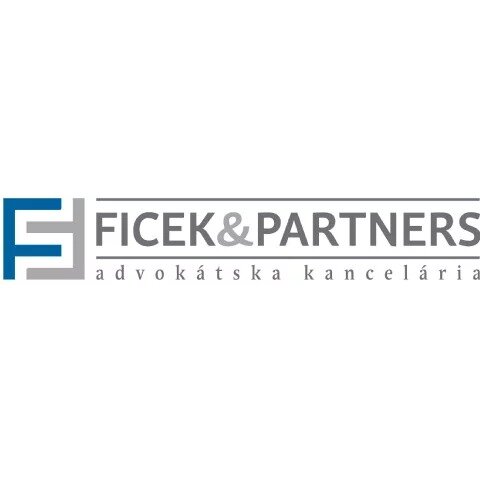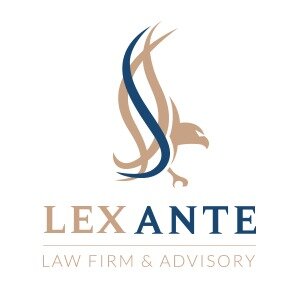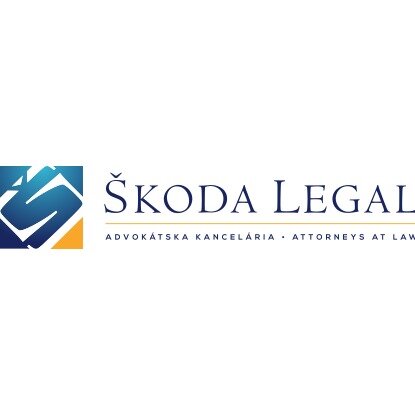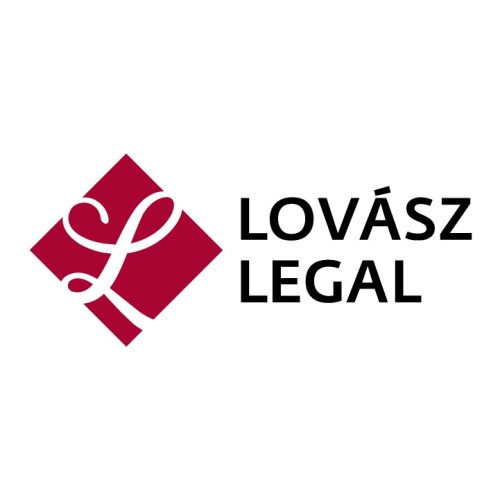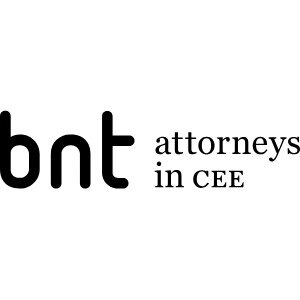Best Corporate Governance Lawyers in Bratislava
Share your needs with us, get contacted by law firms.
Free. Takes 2 min.
List of the best lawyers in Bratislava, Slovakia
About Corporate Governance Law in Bratislava, Slovakia
Corporate governance refers to the set of rules, practices, and processes by which companies are directed and controlled. In Bratislava and across Slovakia, corporate governance frameworks are designed to ensure accountability, fairness, and transparency in a company's relationship with its stakeholders including shareholders, management, customers, suppliers, and the wider community. As Slovakia is a member of the European Union, its corporate governance laws integrate both national regulations and EU directives. These laws establish the responsibilities of company boards, protect shareholder rights, and promote ethical business operations.
Why You May Need a Lawyer
There are several situations in which individuals or businesses in Bratislava may require legal assistance related to corporate governance. Some common scenarios include:
- Establishing new companies and structuring boards in compliance with Slovak law
- Drafting or revising articles of association and internal regulations
- Advising on the duties and liabilities of directors and officers
- Ensuring compliance with disclosure and reporting requirements
- Managing conflicts of interest and resolving shareholder disputes
- Assisting with mergers, acquisitions, or restructurings
- Responding to regulatory investigations or enforcement actions
- Implementing best practice codes and internal control systems
Given the complexity of applicable legislation and the potential legal consequences of non-compliance, consulting with a lawyer can be critical to safeguard your business interests and ensure legal compliance.
Local Laws Overview
Corporate governance in Bratislava is governed primarily by the Commercial Code (Obchodny zakonnik), which sets out the legal framework for the formation, operation, and dissolution of companies. The Commercial Code, along with specific laws for listed companies, such as the Securities Act, define the minimum standards for corporate governance. Additionally, regulatory bodies like the National Bank of Slovakia and the Ministry of Justice play key roles in compliance oversight.
Key aspects include:
- Requirements for board composition, including the roles and responsibilities of management and supervisory boards
- Shareholders’ rights and the procedures for general meetings
- Obligations regarding transparency, including financial and non-financial reporting
- Rules for the prevention of conflicts of interest and insider trading
- Corporate social responsibility requirements in line with EU standards
- Related party transactions and mandatory audit requirements
Frequently Asked Questions
What is the minimum board structure required for a Slovak company?
Most Slovak companies must have either a single-tier or two-tier board system. For joint-stock companies, both a management board and a supervisory board are typically required.
What are the director’s legal obligations in Slovakia?
Directors owe duties of care, loyalty, and the obligation to act in the best interest of the company. They must avoid conflicts of interest and comply with statutory and fiduciary duties.
How are shareholder rights protected?
Shareholders have rights to attend general meetings, vote on key decisions, receive dividends, and access certain company information. These rights are protected by statutes and corporate bylaws.
What are the consequences of non-compliance with corporate governance laws?
Non-compliance can result in civil or criminal liability, fines, director disqualification, or company deregistration. It may also lead to reputational damage and loss of stakeholder confidence.
How can conflicts of interest be managed?
Companies must have clear policies for identifying and disclosing conflicts of interest. Directors are required to abstain from decisions where they have a direct or indirect personal interest.
Are Slovak companies subject to audit requirements?
Yes, depending on their size and turnover, companies must have their financial statements audited to ensure accuracy and compliance with legal standards.
Do Slovak companies need to have a code of conduct?
While not mandatory for all companies, a code of conduct is recommended and is required for listed companies, reflecting best practice standards for ethical behavior.
Who regulates corporate governance in Slovakia?
Corporate governance is regulated primarily by the Ministry of Justice and the National Bank of Slovakia for financial institutions. The Slovak Courts also play a role in enforcement.
How can minority shareholders protect their interests?
Minority shareholders have legal remedies such as challenging majority decisions that are illegal, unfair, or detrimental. The law offers protections including the right to information and to file lawsuits in certain cases.
Are there special corporate governance rules for foreign investors?
Foreign investors are generally subject to the same corporate governance rules as local companies, though there may be additional reporting or registration obligations, particularly in sensitive industries.
Additional Resources
For individuals or businesses seeking more information or assistance regarding corporate governance in Bratislava, the following resources can be helpful:
- Ministry of Justice of the Slovak Republic - Publishes regulations and guidelines for corporate entities
- National Bank of Slovakia - Supervises financial institutions and sets governance standards
- Slovak Bar Association - Offers directories to qualified legal practitioners
- Slovak Chamber of Commerce and Industry - Provides information on best business practices
- Publicly available legal advice centers in Bratislava specializing in commercial law
Next Steps
If you require legal assistance in the area of corporate governance in Bratislava, consider the following steps:
- Clearly identify your specific legal needs and gather all relevant company documents
- Research and contact experienced lawyers or law firms specializing in corporate governance
- Schedule an initial consultation to discuss your situation, possible risks, and legal strategies
- Discuss fees and any ongoing legal support arrangements
- Stay informed about your rights and obligations by seeking updates from reliable legal sources and corporate law experts
Proactive legal advice can help your business operate in full compliance with local laws, minimize risks, and build trust with your stakeholders.
Lawzana helps you find the best lawyers and law firms in Bratislava through a curated and pre-screened list of qualified legal professionals. Our platform offers rankings and detailed profiles of attorneys and law firms, allowing you to compare based on practice areas, including Corporate Governance, experience, and client feedback.
Each profile includes a description of the firm's areas of practice, client reviews, team members and partners, year of establishment, spoken languages, office locations, contact information, social media presence, and any published articles or resources. Most firms on our platform speak English and are experienced in both local and international legal matters.
Get a quote from top-rated law firms in Bratislava, Slovakia — quickly, securely, and without unnecessary hassle.
Disclaimer:
The information provided on this page is for general informational purposes only and does not constitute legal advice. While we strive to ensure the accuracy and relevance of the content, legal information may change over time, and interpretations of the law can vary. You should always consult with a qualified legal professional for advice specific to your situation.
We disclaim all liability for actions taken or not taken based on the content of this page. If you believe any information is incorrect or outdated, please contact us, and we will review and update it where appropriate.







